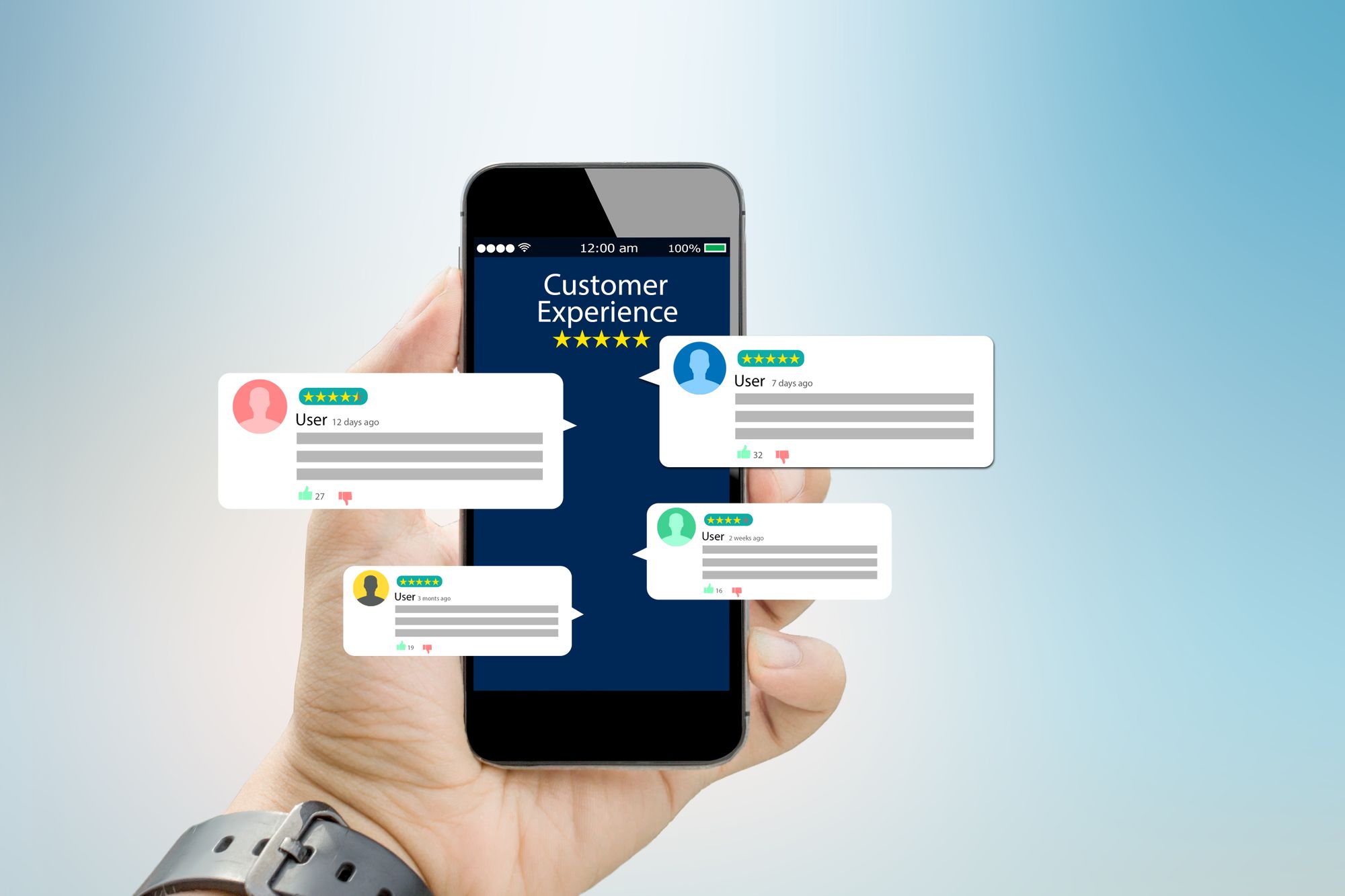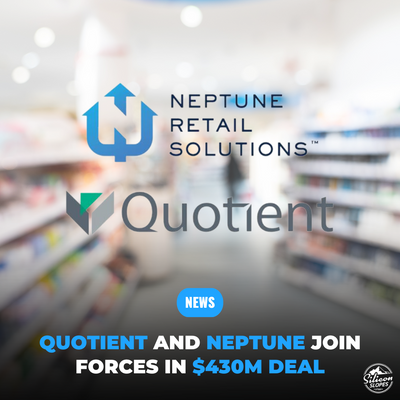Written by Amy Osmond Cook
When it comes to recognizing authenticity in the workplace, Matt Frisbie, chief marketing officer at Little Giant Ladder Systems in Springville, Utah says it comes down to passing the sniff test.
“You can smell it,” Frisbie says, shrugging his shoulders. “I don’t know what else to say.”
Frisbie, sensing he was on the scent of a good analogy, contrasts the experience of dining in a cookie-cutter chain restaurant where every dish follows a strict corporate recipe with that of sitting down in an adventurous local establishment run by a chef doing things his way.
“There’s something very magical about those who are authentic,” Frisbie says. “There’s a fearlessness to it. People who are authentic don’t care what you think—they care what their people think. And if you disagree with them, they’re going to love you anyway and know that you’re going to find a place that fits you. And by the way, those leaders are everything to their people, and their people are everything to them. Not all things to all people, but they are everything to their people. And it’s a very different place to be.”
Authenticity is clearly a subject Frisbie—the former CEO/partner of the Art+War marketing agency—is passionate about. So much so that he will be a featured speaker on the topic at the premiere Inventory Management + Growth Summit, powered by Fishbowl. The free, virtual summit will unfold over two days, September 28–29, with over 10 hours of instructional and motivational content targeted at entrepreneurs and small business owners.
Wanting to tap into his expertise before the summit, I asked Frisbie to offer tips for developing authenticity in individual companies. The following are his five main ingredients:
Trust Yourself
There is a frequent tendency in business circles to try and fit in. Instead, Frisbie says, most success is realized when you trust in yourself and your own instincts.
Pointing to his previous company as an example, Frisbie says some thought the name Art+War was a bit too polarizing for a marketing firm. Instead, it provided a perfect gateway for the type of clients the company was looking to do business with.
“When I would introduce our name,” Frisbie relates, “probably one in 10 would say, ‘That is a brilliant freaking name! That’s marketing, right?’ And I would go, ‘You’re my people!’ I knew that was a good entry for future customers, and it was very easy to do business with those people. It was like, ‘I get you.’ And there was a very high willingness to pay, to increase speed and sign a contract. We all understood each other very quickly. They would say, ‘I want you to run my marketing,’ and when I’d ask why, they’d say, ‘Your name alone got me.’”
Take Your Time
Rome wasn’t built in a day—and neither is your company’s culture. Change takes time.
“My first day here at Little Giant, the marketing team, there were about 20 marketers here, and their first question was, ‘Are things going to change?’ And I said, ‘YES!’” Frisbie says. “And they were like, ‘OK, cool, let’s get to work.’”
But being fully willing to do something and actually achieving it still takes a certain amount of sweat equity. According to research done by Harvard Business Review, individual authenticity in the workplace leads to a greater sense of control and mastery, which in turn facilitates greater job satisfaction and happiness. The research, though, found that 72 percent of people said it took two to three months to show their real selves at work. It took nine months for 22 percent of respondents to feel authentic and a full year for an additional 9 percent to get there.
It’s Not About You
To drive home this tip, Frisbie points to a scene from the 2016 Marvel movie Doctor Strange, which he says nails the sentiment perfectly. In a key moment of realization, Tilda Swinton’s character admonishes Benedict Cumberbatch’s not-so-good-yet doctor.
“Arrogance and fear still keep you from learning the most significant lesson of all,” she tells him. “It’s not about you.”
When you can get over yourself, Frisbie says, life becomes really fun.
“When it’s not about you, your to-do list kind of makes itself,” he says. “Doing things that bring you joy is different than it being about you. To be authentic to yourself is to remember that it’s not about you. And it’s the same thing about trusting yourself, to be authentic. Make sure you spend time listening. If you want to be listened to, you need to listen. And don’t be afraid to try things you’ve never tried before. Go experiment, just try things.”

Develop an Inner Circle of Trust
A key component of achieving authenticity is developing an environment where people feel free to offer very candid feedback. You need an inner circle with a high level of trust that offers a safe space where bouncing ideas—both good and bad—will elicit honest reactions.
These trusted confidants can come from myriad different areas, Frisbie says.
“Our inner circle is going to be partners, peers, vendors, employees, the community, people you go to and say, ‘Hey, we’re thinking about this, what do you think?’ And they might go, ‘You’re really off the mark here.’ These are people you have a high level of trust with. And that’s a hard place to be. There are a few people in each of our lives where there is a high level of trust where you’re like, ‘Hey, I’ve got this bad idea’ and they’re like, ‘That is a bad idea!’ And you’re not hurt by it, it’s actually a helpful critique. And so that inner circle is a critical part of being able to test ideas out.”

Live in Your Reviews
“Heard it from a friend who, heard it from a friend who, heard it from another...”
This old REO Speedwagon lyric can be applied to how customer opinions about local businesses used to be shared almost exclusively via word of mouth. When it comes to much-more-immediate feedback these days, however, customers are taking their experiences and opinions on the run to online review sections.
Businesses that ignore online reviews do so at their own peril. According to a consumer reviews survey conducted in 2020 by BrightLocal, 96 percent of customers that read online reviews of local businesses also study companies’ responses to that feedback. Meanwhile, according to the Pew Research Center, 82 percent of adults say they sometimes read online reviews when looking to buy a new product, and 40 percent say they almost always do.
Customer reviews offer a window into their experience—whether or not you think their specific feedback is fully accurate. Authenticity involves honestly attempting to solve their questions or individual issues and rectifying them to the best of your ability.
On the plus side, positive reviews will shed light on the things you’re doing right as a company, so those principles can continue to be emphasized and added upon.
“Do you really talk to your audience?” Frisbie asks. “Are you having conversations—versus posts with likes? Having big fans and having conversations are totally different things.”
Developing an authentic workplace environment is a steady process, but one that will pay dividends again and again over time. “Don’t try to fit in someone else’s mold,” Frisbie says. “Be yourself, and be cool with that.”







